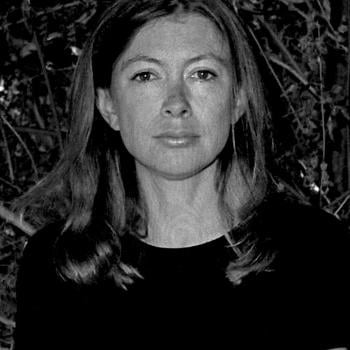John Turner recently had a fabulous post on “Publishing without Perishing” which is full of excellent suggestions on how to survive writing your first book or your dissertation. There’s much fodder there for discussion, but today I want to consider the issue of selecting a dissertation topic. Of course, my perspective is shaped by my work within the discipline of history, and I am assuming here that you would want to publish your dissertation eventually as your first book. John Turner says
Personal interest isn’t enough to make a topic a good choice for a dissertation or book. One has to choose something that will also satisfy one’s dissertation committee, future search committees, and a future press. For future book projects, one has to consider multiple audiences as well, namely one’s academic peers who will review the book and potential general readers. Personal interest is, however, the first pre-requisite. It makes the hard work worthwhile.
Spot on. There is a temptation to pursue a topic just because it seems hot or trendy, but it has to be a topic you’re willing to live with for the better part of a decade (the time from dissertation proposal to publication as a book).
Work closely with your doctoral adviser on picking the topic, but realize that she/he may not always have the best ideas either (that advice goes for my own students!). You’re looking for something that explains change over time on a topic that is big enough so you’ll have a ready answer to the classic question of “so what?” This infamous question is likely to come up from doctoral committee members, presses, and prospective employers, so you had better be ready to answer it.
Doctoral students are also tempted to pursue topics that are a mile deep and an inch wide. In other words, you become the top expert on an extremely narrow topic. Doing so shields you from criticism related to disputed issues in your field, but a really narrow topic undermines your ability to answer the “so what?” question. You might be the world’s leading authority on the history of milk cows in Minnesota from 1890-1900, but who else cares?
Go bigger with your topic, but not so big that it becomes unmanageable, unrealistic, or presumptuous. Sometimes people do write field-defining dissertations (I think of Gordon Wood’s, which became The Creation of the American Republic) but usually the tendency is the opposite: going too small. Shoot for a middle way: a book deep in original research which every scholar in that field will have to deal with. That’s what you’d like book reviews to say.
Going bigger is one of the reasons I discourage doctoral students from doing biographies of understudied figures. Biographies don’t lend themselves to strong theses, and too often you end up trying to justify why people should care about a figure who has languished in obscurity for so long. John Turner notes that he succeeded with a biographical study of Bill Bright, but his project is just as much a history of American parachurch ministries and Campus Crusade. It explained change over time, by focusing on a movement of massive significance in post-WWII religion, and a figure (Bright) of indisputable importance. It is easy to answer “so what?” for a project like that.
Future job search committees will be looking for someone who can explain their research to an audience of non-specialists. Thus, you want to go big enough so that, say, a social historian of modern West Africa can understand why someone should care about your project on the New England Puritans. They’re looking for clarity, passion, and the personal qualities that make for a good colleague – the details of your project don’t matter that much to a search committee, to be honest. You just need to offer a plausible explanation of why it matters. In research-oriented departments, they will also be listening for evidence that the project has reasonable hope of being published with a strong press.
A prospective book editor is looking for something that is well-researched, original, and will reflect well on the press when the reviews emerge. The details of the project matter more at this stage, but the editor mostly wants to know that your book will make a splash in the field. Maybe it won’t re-define the field, but it will at least generate some buzz. They don’t want a project that just adds “one more thing” to what we know about a topic, or that will be on the low end of sales even for an academic title (which is pretty low indeed).
A final word related to John’s post – you should choose a topic knowing that it is likely that it will turn out much differently than you originally expected. You might later switch topics entirely, as John did. Don’t be paralyzed by the initial choice, but understand that you will keep modifying the project along the way, in order to keep answering the “so what?” question for all your prospective audiences.
[Friends, you can sign up here for my Thomas S. Kidd author newsletter. Each newsletter will update you on what’s happening in the world of American religious and political history, and current events. It will contain unique material available only to subscribers, and each will help you keep up with my blog posts, books, and other writings from around the web. Your e-mail information will never be shared. Thanks!]












